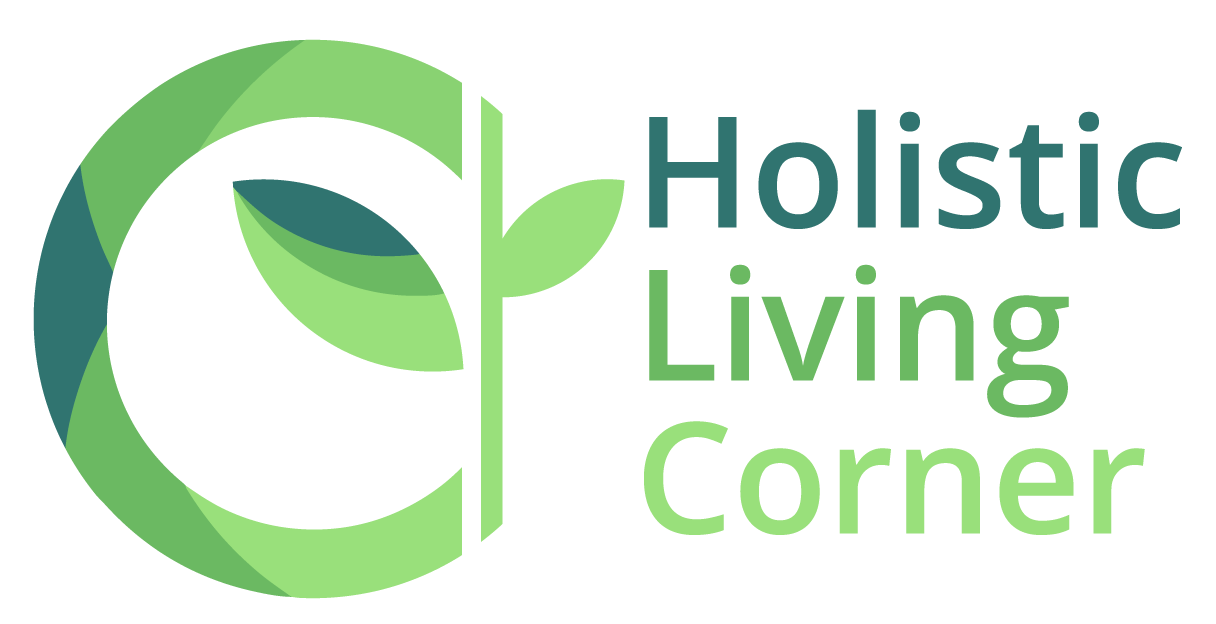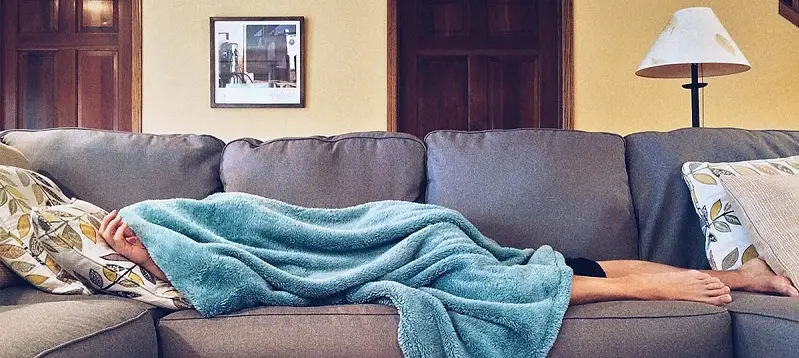According to statistical data gathered by the ASA (American Sleep Association) more than 35% of American citizens are sleep deprived. They get less than the recommended 7-9 hours a sleep every night, which leads to them feeling exhausted throughout the day. Moreover, more than 70 million people have some type of sleep disorder, which only adds to the problem.
We all know that the right amount of quality sleep every night is crucial for our overall health. It helps everything in our body runs smoothly so people who are sleep deprived will at some point experience some health problems.
Chronic sleep deprivation can lead to increased anxiety, chronic stress and chronic inflammation. Chronic inflammation on the other hand, can lead to a whole plethora of other diseases, like diabetes, cardiovascular problems, arthritis, depression, GI problems, weight gain and so much more. People who are sleep deprived also experience mood disorders and other mental health issues that affect their cognitive and memory functions which reduces their quality of life significantly.
So what’s the solution to this massive problem? How do we get the proper amount of sleep that our body requires?
We need to introduce the daytime power nap. You may find this strange since most of us quit this habit after preschool, but napping can be super beneficial for adults, not just children. It’s almost impossible for many people to get a full night sleep, especially in the US but you can compensate for the lack of sleep by introducing the daytime nap. It will help you reap amazing health benefits.
According to scientists at the Harvard University who conducted a study in 2010, any kind of nap, even a mini one, can help us improve our memory and learning abilities.
Another study, published in the BMJ reveals that people who nap at least twice a week have a lower risk of developing cardiovascular issues. The study involved people ages 35-75 who were monitored over the course of 5 years. During these 5 years 155 cardiac events happened and according to the study results people who took regular naps, 2 times per week, had a 50% lower chance of a heart attack, stroke or heart failure, compared to the people who didn’t nap. The lead scientists added that we need to conduct more research if we want to determine the exact link between daytime naps and cardiovascular risk, the current available research suggests that there’s a strong connection.
Bill Anthony, an American psychologist, adds that napping can significantly reduce the levels of cortisol in our body – cortisol being the stress hormone. Thus, suggesting that napping can also help us cope with stress better. In addition to reducing the cortisol levels, napping helps you improve your tolerance and frustration which helps you be less impulsive.
The best thing about napping is that you don’t have to take a full 90-minute nap to benefit from it. You can experience all the benefits even with a short afternoon nap, 20-30 minutes is sufficient time for your body to regenerate and relax.


